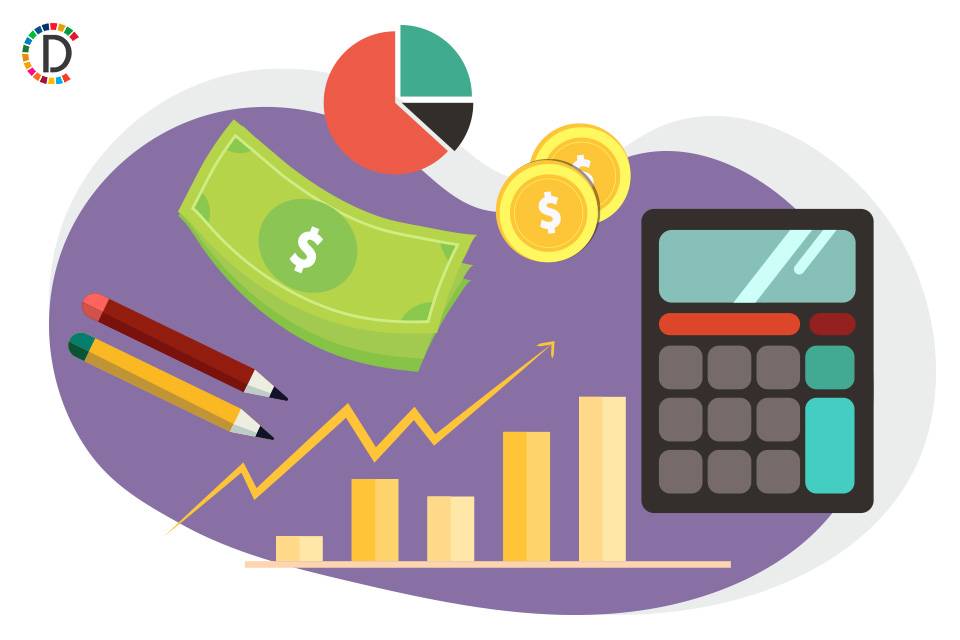Britain and New Zealand strike free trade deal
It comes only months after a similar British agreement with Australia as ministers in London look to flesh out a post-Brexit pivot away from relying on commerce with the European Union. New Zealand's prime minister, Ardern, said at a news conference in Wellington that the trade deal was the country's best ever.

Britain and New Zealand have reached agreement in principle on a free trade deal designed to reduce tariffs, improve services trade, and take London one step closer to membership in a broader trans-Pacific trade agreement. Prime ministers Boris Johnson and Jacinda Ardern sealed the deal in a Zoom call on Wednesday after 16 months of negotiation.
"This is a great trade deal for the United Kingdom, cementing our long friendship with New Zealand and furthering our ties with the Indo-Pacific," Johnson said in a statement. It comes only months after a similar British agreement with Australia as ministers in London look to flesh out a post-Brexit pivot away from relying on commerce with the European Union.
New Zealand's prime minister, Ardern, said at a news conference in Wellington that the trade deal was the country's best ever. "This deal serves New Zealand's economy and exporters well as we reconnect, rebuild and recover from COVID-19, and look forward into the future," Ardern said.
All tariffs on all products will be eliminated between both countries - and a vast majority of these, 97%, will be removed the day the trade deal comes into force, Ardern said. It also fully opens up the British market to lamb imports from New Zealand which upset Britain's farmers.
"The government is now asking British farmers to go toe-to-toe with some of the most export-orientated farmers in the world, without the serious, long-term and properly funded investment in UK agriculture that can enable us to do so," National Farmers' Union President Minette Batters said. Britain stressed the liberalisation will be phased over more than a decade and said that existing lamb quotas are not fully utilised.
The deal took longer to reach than expected, coming nearly two months after a target date, and was criticised by Britain's opposition Labour Party as harming farmers and failing to deliver on jobs, exports or economic growth. However, ministers see it as another stepping stone toward joining the Comprehensive and Progressive Agreement for Trans-Pacific Partnership (CPTPP) - an 11-country bloc including Australia, Singapore and Mexico.
CPTPP membership has emerged as Britain's top post-Brexit trade aim after the prospects of a quick and comprehensive deal with the United States faded. Britain is hoping to become a member by the end of 2022. It also aligns with their foreign policy push for more influence in the Indo-Pacific to try to moderate China's global dominance.
(This story has not been edited by Devdiscourse staff and is auto-generated from a syndicated feed.)
ALSO READ
UBS weighs Credit Suisse China stake swap with Beijing government, Bloomberg News reports
UBS weighs Credit Suisse China stake swap with Beijing government, Bloomberg News reports
Janet Yellen addresses wide range of issues during trip to China, including TikTok scrutiny
Janet Yellen's Culinary Adventures in China Captivate the Internet
Russia, China to maintain fight against terrorism, Lavrov says










